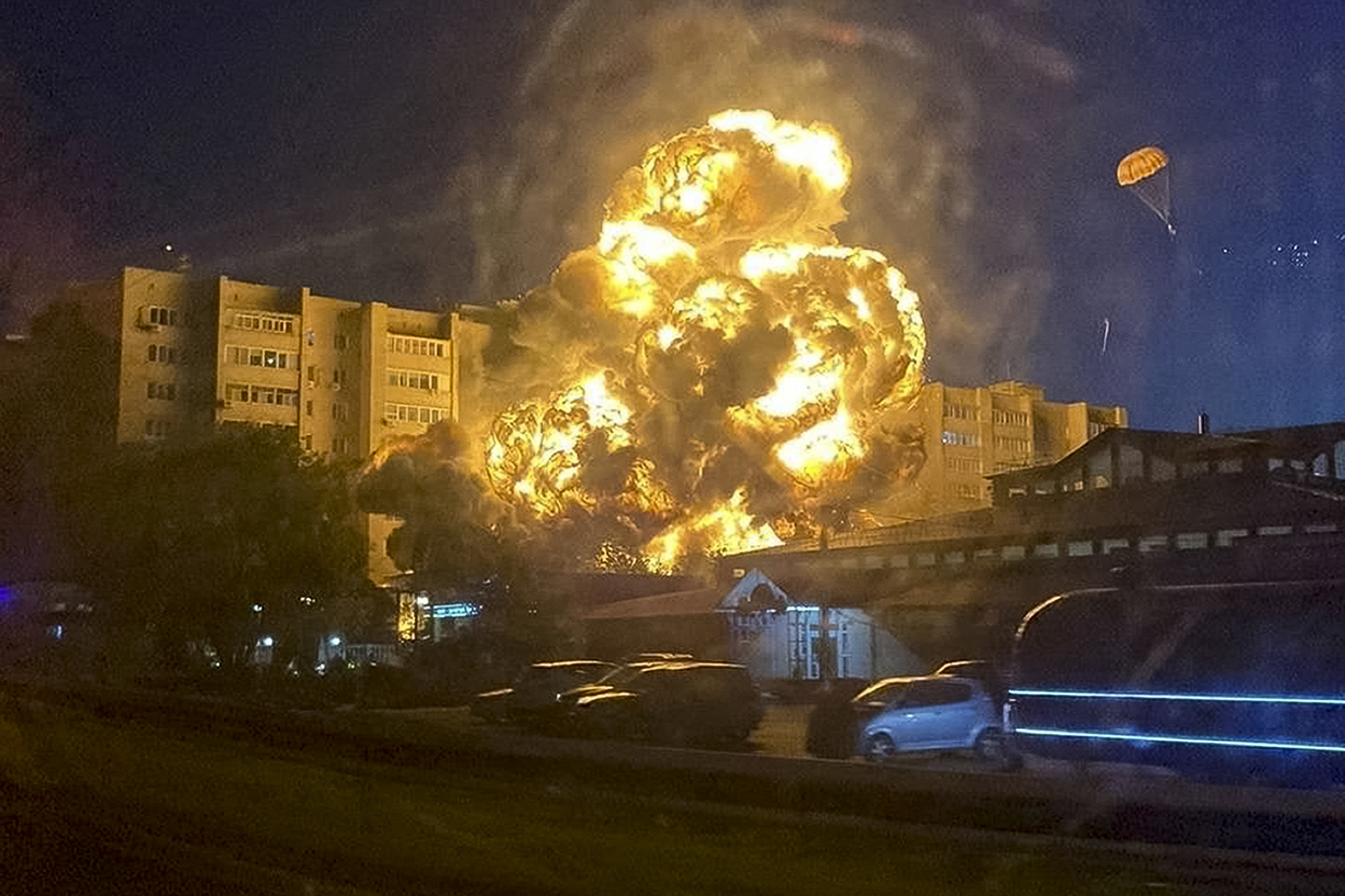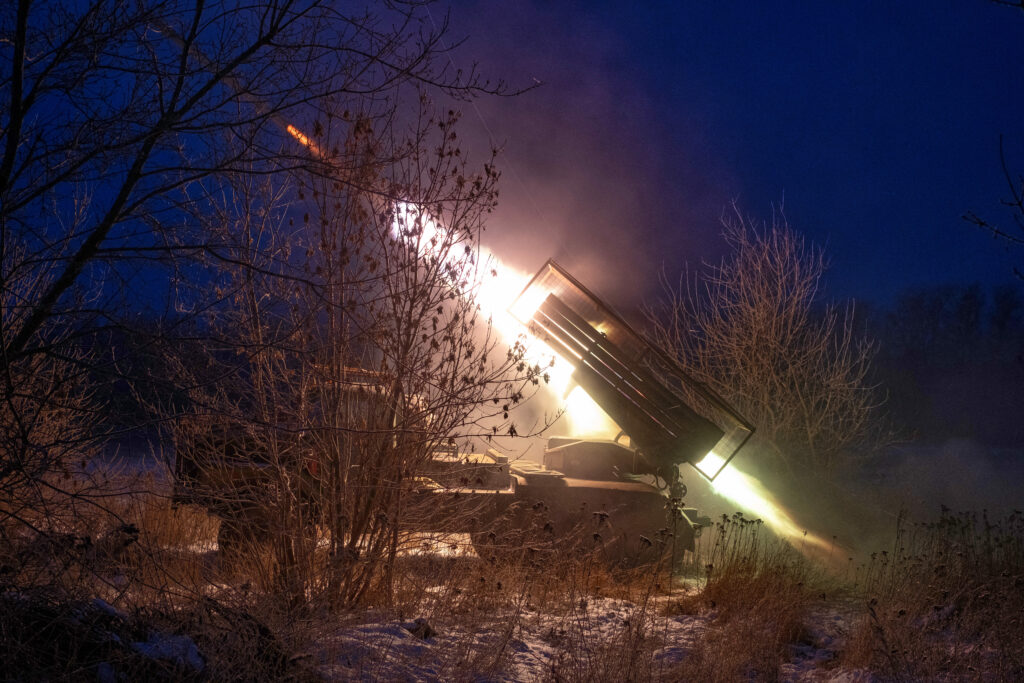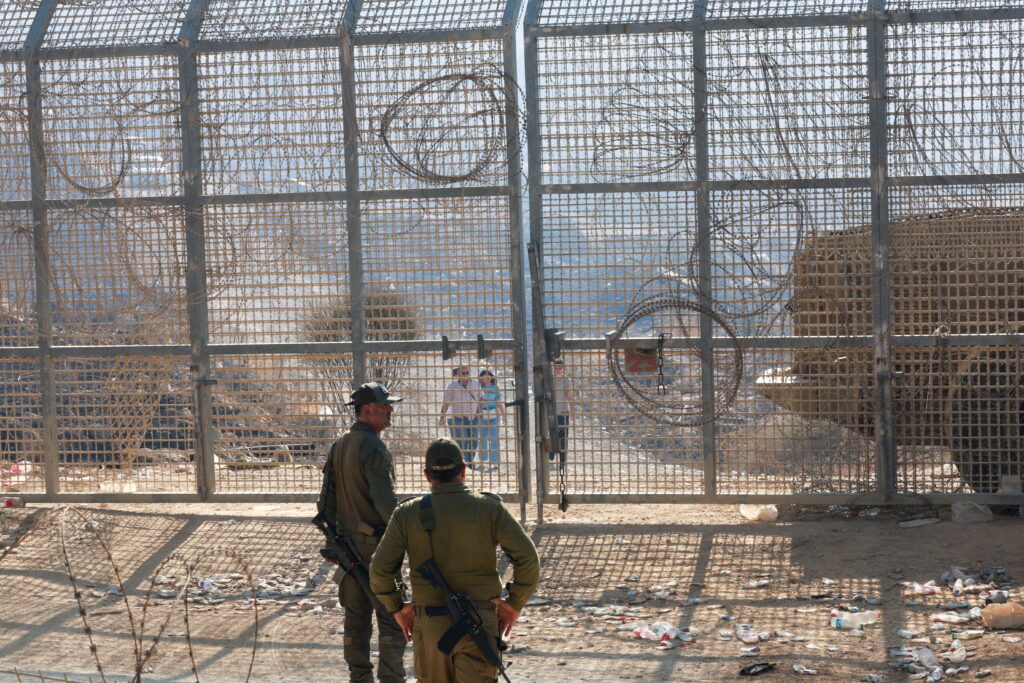The Telegram messenger app was created by Pavel Durov, who had previously founded Vkontakte, a Russian social media company. Very quickly, Telegram became another classic example of how Russia’s business and government insiders seek to manipulate political life in the 2010s. Anonymous Telegram channels began to crop up soon after its founding, featuring posts purportedly from insiders within bureaucratic, security and party offices; these started to gain traction, and influential figures began to read them in order to have an idea about what is happening in another, often rival «Kremlin tower».
At the dawn of the existence of Telegram, a lot of insider information really did appear in these channels. There were many reasons for this. The business and political media were under increasing pressure and censorship; unlike Telegram, media organisations often refused to publish exclusive information that was inconvenient for the Kremlin. Secondly, the anonymity of Telegram meant a greater degree of security for the authors of the texts and their insiders, compared to the traditional press.
From the territory of freedom to the garbage dump
Yet soon enough, technologists and PR managers quickly realized the new platform could be used to post information that would be beneficial to their customers and patrons; some promoted channels (such as Nezygar) began to change hands, and paid posts began to be placed among their content. Influential groups and individual businessmen and politicians began to open «their» anonymous pseudo-insider channels. The ability to remain anonymous again played a role, now a negative one. The anonymous person has no reputation, so in theory he can publish manipulative and false information until the public notices these manipulations. The exposure of an anonymous channel does not in any way prevent its owners from creating a new channel, where real insiders will be published at first, and then the situation may repeat itself.
As a result, by February 2022, the political segment of the Russian Telegram acquired a dubious reputation; many channels began to be called «garbage dumps», users figured out the networks of channels that were controlled by various beneficiaries and who these beneficiaries themselves are (for example, the first deputy head of the Presidential Administration, curator of the Kremlin information block Alexei Gromov, head of Rosneft Igor Sechin and former press secretary of Rosmolodezh Kristina Potupchik). Many Telegram readers have learned to distinguish between manipulative information and have changed the way they gain insight from most political channels: they have turned them from a source of insiders into an interesting inference about the infighting between «Kremlin towers».
Frontline Telegram
The outbreak of the war changed this situation. The «half-decommissioned» Telegram received a new life as the main platform for the statements of the party of war. It is in Telegram that the former president, and now deputy chairman of the Security Council, Dmitry Medvedev, publishes his angry posts. Head of Chechnya Ramzan Kadyrov communicates with the audience via Telegram. A highly controversial businessmen, the founder of Wagner PMC Yevgeny Prigozhin, has a network of channels (for example, «Kepka Prigozhina» and Grey Zone). It is in Telegram that the so-called «military correspondents» are published — ideologically charged authors of texts from the front, who often did not even work as journalists beforhand. Against the backdrop of the war, interest in the already existing ultra-patriotic anonymous and non-anonymous journalistic and pseudo-analytical channels has warmed up, and new projects with the letters Z in their names have also appeared en masse.
The content of pro-war Russian Telegram is seriously different from the content of texts and stories on military topics in the pro-government media. The fiery speeches of Dmitry Medvedev, who directly threatens a nuclear strike on Ukraine and insults Western politicians, and the speeches of other officials, including Vladimir Putin, differ in approximately the same way. The latter type of speeches scold the abstract «Anglo-Saxons», but at least at the level of words, they talk about the desire to start negotiations and disown the escalation at the front. Official news, as a rule, contain stories about the power of Russian military equipment, the capture of individual villages in the Donbass, the actions of individual soldiers and officers, which are presented to readers and viewers as heroic acts. Military correspondents and pro-military analytical channels report not only about successes, but also about problems, simultaneously demanding the toughest possible actions from the Kremlin and the Ministry of Defense. Publicists and analysts criticize the conditional «peace party» and write about the need to continue hostilities to the end, demand general mobilization and transfer of the economy to war footing. Representatives of the pro-war Telegram segment are increasingly criticizing the authorities. As a rule, they complain of indecisiveness and insufficient rigidity to the Ministry of Defense, individual generals and an indefinite circle of civilians, along the way accusing them of betrayal.
In some ways, this situation resembles the situation in Telegram at the dawn of its popularity in Russia. Pro-war channels publish points of view that differ from the official position of the Kremlin, as well as more or less reliable information about the situation at the front. Naturally, this alternative point of view attracts the public — «z-channels» are quite popular — for example, military envoy Semyon Pegov is read by 1.3 million users, and Rybar, one of the most popular pro-military analytical channels, has just over a million subscribers. In a sense, Telegram can be called the main Russian military media. Supporters of the «war to full victory» are looking for the truth and answers to the questions — «who is to blame» for the defeats and «what to do» in the «z-channels», receiving them in a simple and harmonious form. Of course, the «foolish generals and traitorous officials are to blame», and extremely tough actions at the front and the transfer of the country to mobilization rails are enough to win. This picture calms the pro-war audience, which began to suspect that the state of the Russian army in reality and in TV reports are different things and worry about defeats. Along the way, such channels warm up the military fervor of the citizens who support the war. Paradoxically, military correspondents and pro-war publicists and analysts are also read by opponents of hostilities: they want to receive truthful information about the situation and understand the mood of the z-public.
Knocking on the Kremlin’s door
Naturally, political bloggers on the platform are trying to turn military Telegram, as well as political Telegram, into an instrument of influence on people who make decisions — that is, the top leadership of the country, including Vladimir Putin. Telegram channels are also included in monitoring for the president, which means that in theory, through Telegram posts, you can air your views to the head of state. It is Putin that supporters of the war address in their channels; it is from him they demand tough actions and a campaign against Kyiv and Lviv. These authors put pressure on the president’s approval ratings anxiety, insisting that peace negotiations or the withdrawal of troops from a certain territory will not be understood by the «deep people», who allegedly demand the destruction of Ukraine and the West. And here begins the usual political Telegram manipulation of opinion and wishful thinking. With all the features of conducting opinion polls in wartime, the majority of citizens are by no means bloodthirsty and are ready to support peace if Putin agrees to it. Surveys show how people are worried about the war, mobilization, and deteriorating living standards; the ratings of the authorities are also falling. But the pro-war authors and their patrons paint a different picture of a preparedness for victory at all costs. Kadyrov and Prigozhin, who are respectfully mentioned by military correspondents, the first deputy head of the Presidential Administration Alexei Gromov, who oversees tabloids in the Kremlin where military correspondents work, seem to be likely patrons of this viewpoint, paint an alternative reality in which the «people» are ready to endure any difficulties for the sake of victory and demand decisive action (and thus Putin’s ratings fall only from indecision).
In this sense, the pro-war telegram is not only the mouthpiece of the war party, but also its own parallel reality. It has its own legendary heroes, truth-telling military correspondents, the concept of «warlords» has recently appeared, featuring the allegedly successful military leaders like Yevgeny Prigozhin, Ramzan Kadyrov and their chosen MOD commanders like Sergei Surovikin. This reality is full of people who are eager to fight, but then they are stopped by traitors in military headquarters and civillian offices in Moscow. This «world» can be frightening and seem quite real — especially if we compare it with answers of citizens to direct questions from sociologists about their support for a «special operation» (for example, according to the latest poll of VTsIOM, around 70% of citizens support it). But does this mean that this «Telegram world» is related to reality, or are the authors of the z-channels programming the attitudes of Russians disappointed with TV propaganda? Probably the latter.
In addition, the influence of telegram channels as a tougher and more truthful version of official propaganda that hits the hidden desires of the audience has been greatly overestimated. Yes, the coverage of the most popular military correspondents, for example, Semyon Pegov, is 1.3 million subscribers, but adding up the audience of Pegov and other million+ correspondents, for example, Alexander Sladkov or «Rybar» is pointless — most likely, they are read by the same people. Tens of thousands of people have already subscribed to the channels of publicists and analysts who, hiding behind the opinion of the «deep people», demand blood. That is, it is no longer total coverage, at least to some extent comparable to TV coverage. In addition, let’s not forget that military correspondents, publicists and pro-war analysts are read by an opposition-minded public, which should be safely dismissed from among the supporters of the war. Subtract the bots, and it turns out that the main mouthpiece of the war party sounds loud but attracts a rather limited part of the audience — mainly who are interested in politics and war in particular.
However, the danger of the z-channels calling for escalation should not be underestimated; it is not the quantity that matters, but the quality of the audience — in this case, the president. It was not for nothing that in September there were rumors that the Ministry of Defense was preparing repressions for «military correspondents» who criticized the retreat of Russian troops from the Kharkov region. In the end, there were no repressions; but the «military correspondents» correctly understood the signal and stopped attacking generals by name. Putin has been living in a special reality for a long time. He is ready to spend hours telling the audience about his version of world history, the perfidy of the Anglo-Saxons and the great mission of Russia, believing these stories are captivating for his listeners. The version of the alternative reality of z-channels with warlike people and victory at any cost partially fits into Putin’s picture of the world. Military correspondents appear at public events with Putin, he meets with them, and probably listens to them in some way. Putin does not want to lose; he allows unpopular steps such as mobilization because he does not consider them unpopular — the head of state believes that the population is ready to go with him to victory and endure hardships. The mouthpiece of the party in power is quite accurately aimed at the president’s ear and is therefore dangerous. Putin remembers the Soviet times; he remembers how official propaganda and alternative channels of information like samizdat, distinguished themselves. The president, most likely, is aware of how trust in his own propaganda ended for the Soviet government. The pro-military telegram channels may well become (and judging by its relation to military commissars) have already become such a «samizdat» for Putin; these shreds of information could relay to him a comforting narrative of heroism, setting him up for a spirit of dangerous escalation.










